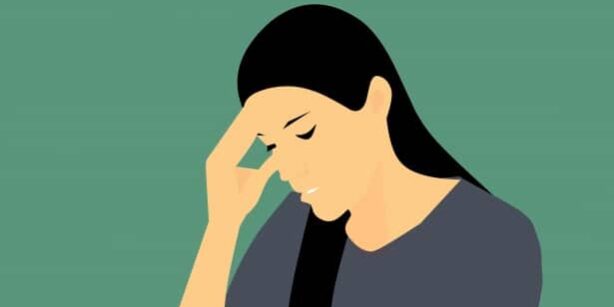A large new study suggests that verbal abuse during childhood can be just as harmful to long-term mental health as physical abuse—and in some cases, even worse. Researchers from Liverpool John Moores University analyzed data from over 20,000 adults in England and Wales collected between 2012 and 2024.
Participants reported whether they had experienced verbal or physical abuse before age 18, then answered questions measuring optimism, relaxation, problem-solving skills, social connections, and other markers of mental well-being.
The results were striking. Adults who faced verbal abuse as children were 1.64 times more likely to have poor mental health, compared to 1.52 times for those who had experienced physical abuse. Those who suffered both forms of abuse were 2.15 times more likely to have negative outcomes. Verbal abuse was also linked to nearly double the rate of social isolation in adulthood.
The researchers noted that while physical abuse rates have dropped—from 20% among children born in the 1970s to 10% for those born in the 2000s—verbal abuse has increased. Despite growing evidence that it can alter brain development, verbal abuse is often treated as less serious than physical harm.
Both forms of abuse can lead to lifelong challenges, including anxiety, depression, substance abuse, and risky behavior. The study’s authors stress the need for child protection policies to address emotional and verbal maltreatment, not just physical abuse.
They warn that banning physical punishment without providing parents with guidance on positive communication could lead to one harmful behavior being replaced by another. The researchers call for greater public awareness, parenting education, and mental health support for survivors of all types of abuse.
Published in BMJ Open, this research underscores that hurtful words can leave scars that last well into adulthood.
This page is also available in:
![]() Français
Français


